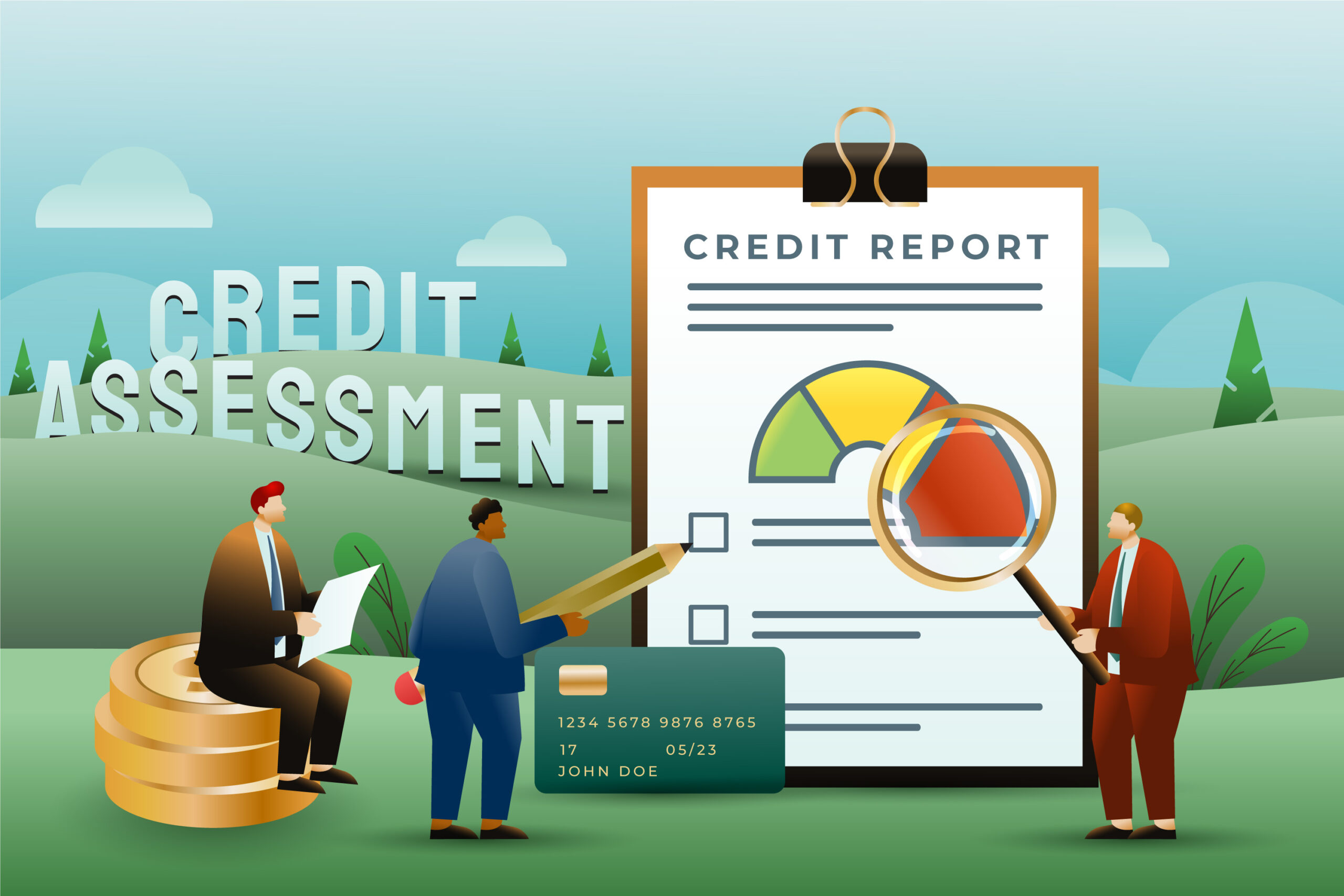Navigating Your Financial Future: Mastering Credit Reports in Jamaica
- 1 Delving into the Structure of a Jamaican Credit Report
- 1.1 Accessing and Interpreting Your Credit Report
- 1.2 Strategies for Enhancing Your Credit Score
- 1.3 Navigating Errors and Protecting Against Identity Theft
- 2 Importance of Credit Report
- 2.1 Creditworthiness Assessment:
- 2.2 Interest Rates and Terms:
- 2.3 Access to Credit:
- 2.4 Employment Opportunities:
- 2.5 Renting a Home:
- 2.6 Insurance Premiums:
- 2.7 Identity Verification:
- 2.8 Monitoring for Fraud:
- 2.9 Improving Financial Habits:
- 3 Concluding Thoughts
In the financial landscape of Jamaica, managing one’s credit report is a pivotal aspect of maintaining a robust financial reputation. These reports are vital tools for gauging an individual’s creditworthiness and play a significant role in determining loan eligibility, interest rates, and other critical financial decisions.
A credit report is a comprehensive reflection of a person’s financial health. It is a detailed record that impacts crucial financial decisions, serving as a cornerstone in the relationship between borrowers and lenders. The credit reporting system in Jamaica involves a network of credit bureaus, financial institutions, and individual consumers. These bureaus are responsible for compiling credit reports, which lenders then utilize to evaluate a person’s creditworthiness.
Delving into the Structure of a Jamaican Credit Report
Each credit report in Jamaica is divided into several key sections. The first is the personal information segment, containing vital individual identification details, ensuring accurate identity verification. The report features an extensive overview of the individual’s credit history and scores. This section delves into past and current credit activities, including payment histories, and culminates in a numerical credit score that symbolizes the individual’s overall creditworthiness.
Furthermore, the report includes data on public records and inquiries. This encompasses information on bankruptcies, legal judgments, and recorded inquiries into the credit report, all of which can influence the credit score.
Accessing and Interpreting Your Credit Report
In Jamaica, individuals can obtain one free credit report annually from each credit bureau. This is achieved by providing identification and completing a request form. Comprehending the nuances of your credit report is crucial. It involves thoroughly reviewing credit accounts and payment histories and understanding how financial decisions impact your credit score.
Regular examination of your credit report is beneficial. It enables early detection of any discrepancies or signs of fraudulent activities, ensuring the integrity of your financial profile.
Strategies for Enhancing Your Credit Score
Enhancing your credit score involves a few key strategies. Firstly, ensure timely payments of bills. Secondly, focus on reducing outstanding debts. Additionally, it’s advisable to avoid opening several new credit accounts simultaneously. Address any negative records on your report by settling debts or disputing inaccuracies with the credit bureau.
Consistent financial discipline and intelligent credit management are essential for maintaining a healthy credit score.
Navigating Errors and Protecting Against Identity Theft
To protect your financial integrity, regularly check for and promptly challenge any inaccuracies in your credit report. Vigilance against identity theft is crucial. Be alert for unfamiliar accounts or inquiries on your report and report any suspicious activities immediately. If you become a victim of identity theft, report the issue to law enforcement and consider freezing your credit to prevent further misuse.
Importance of Credit Report
Here are some key reasons highlighting the importance of a credit report:
Creditworthiness Assessment:
Lending Decisions: Financial institutions, such as banks and credit unions, use credit reports to assess an individual’s creditworthiness when considering loan or credit card applications. The information in the report helps lenders determine the level of risk associated with lending money to a particular individual.
Interest Rates and Terms:
Loan Terms and Interest Rates: A good credit report can result in lower interest rates and better loan terms. Lenders are more likely to offer favourable terms to individuals with a positive credit history, as it indicates a lower risk of default.
Access to Credit:
Credit Approval: A positive credit report is often a prerequisite for obtaining credit. This includes credit cards, mortgages, auto loans, and other forms of financing. Individuals may find it challenging to secure credit without a favourable credit history.
Employment Opportunities:
Background Checks: Some employers may check an individual’s credit report as part of the hiring process. While not all employers do this, certain positions that involve financial responsibilities or require a high level of trust may use credit history as a factor in the hiring decision.
Renting a Home:
Rental Applications: Landlords and property management companies may review credit reports as part of the rental application process. A favourable credit history may enhance an individual’s chances of securing a lease, while a negative credit report might lead to rental application rejections.
Insurance Premiums:
Insurance Rates: In some cases, insurance companies use credit reports to determine auto and homeowners insurance premiums. Individuals with good credit may qualify for lower insurance rates, as it is often perceived as an indicator of responsible behaviour.
Identity Verification:
Identity Confirmation: Credit reports help confirm a person’s identity. Lenders and other entities use the information in credit reports to verify that the individual is who they claim to be, adding a layer of security to financial transactions.
Monitoring for Fraud:
Detecting Fraudulent Activity: Regularly checking your credit report allows you to monitor for unauthorized or suspicious activity. Detecting and addressing fraudulent transactions early can prevent significant financial damage and protect your credit score.
Improving Financial Habits:
Financial Awareness: A credit report provides a snapshot of an individual’s financial habits and history. Reviewing the report allows individuals to identify areas for improvement, such as reducing outstanding debt, making timely payments, and managing credit responsibly.
Concluding Thoughts
In conclusion, regular monitoring and responsible credit management are indispensable for a sound credit report in Jamaica. Prompt action in the event of errors or identity theft is imperative. A credit report is a powerful tool influencing various aspects of an individual’s financial life. Regularly monitoring your credit report, understanding its contents, and maintaining a positive credit history are essential for economic well-being and access to favourable financial opportunities.



















